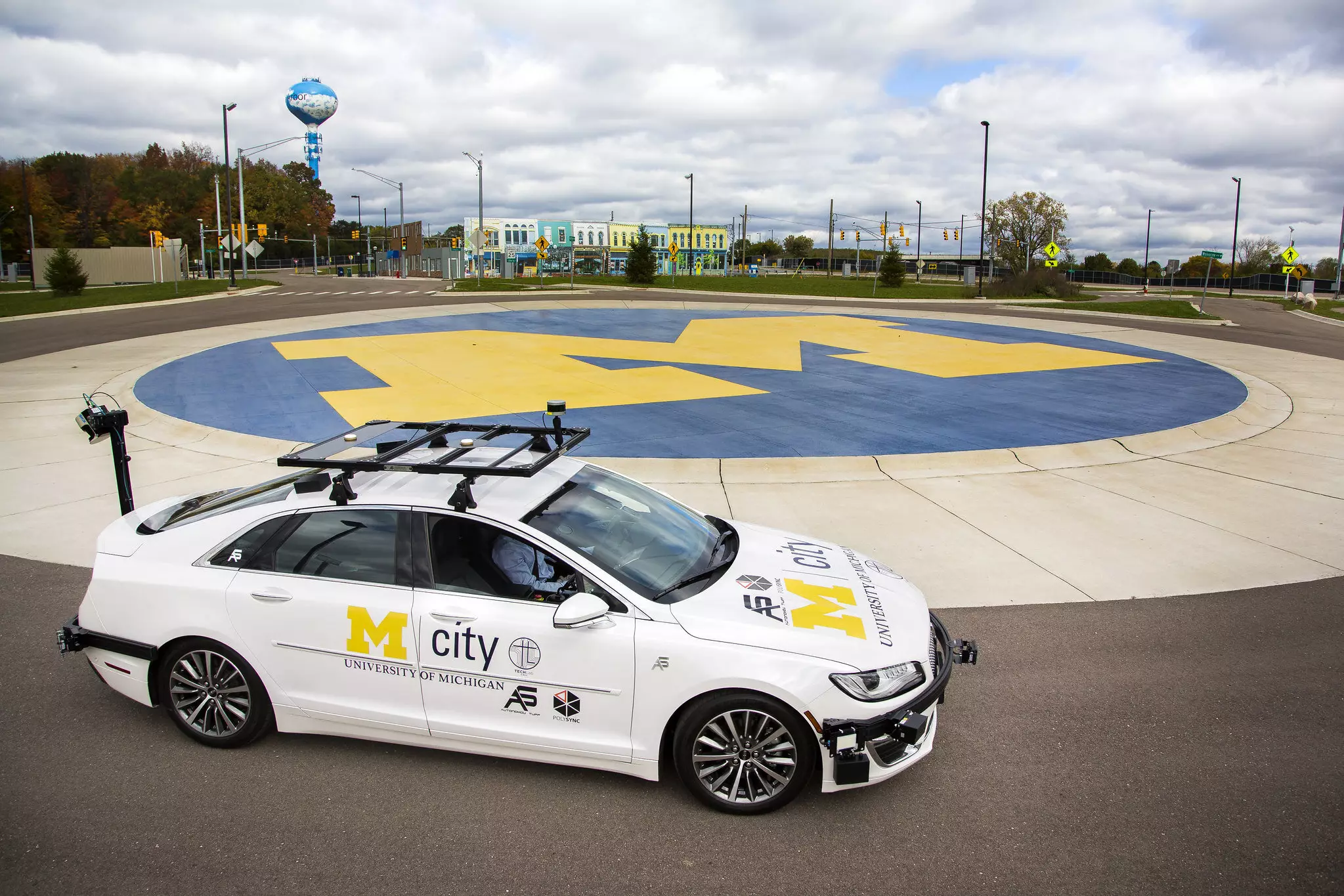The advancement of self-driving vehicle technology has led to the development of collaborative networks that communicate with each other and with infrastructure in order to make informed decisions. However, a recent study led by the University of Michigan has highlighted the vulnerability of these networks to data fabrication attacks.
The study emphasizes that the network of collaboration and communication, known as vehicle-to-everything or V2X, is susceptible to security risks due to the sharing of information among vehicles. This sharing creates an opportunity for hackers to manipulate data, leading to potentially dangerous consequences such as sudden braking or collisions.
The researchers conducted rigorous virtual simulations as well as real-world tests at the Mcity Test Facility to understand the security vulnerabilities of collaborative perception systems. By administering falsified LiDAR-based 3D sensor data with malicious modifications, the researchers were able to introduce sophisticated, real-time attacks to assess the effectiveness of countermeasures.
One of the key findings of the study was the development of a countermeasure system called Collaborative Anomaly Detection. This system leverages shared occupancy maps to detect geometric inconsistencies in the data, allowing vehicles to quickly identify abnormal data and mitigate safety hazards.
The study demonstrated that the Collaborative Anomaly Detection system achieved a high detection rate of 91.5% with a low false positive rate of 3% in virtual simulated environments. Furthermore, the system was able to reduce safety hazards in real-world scenarios at the Mcity Test Facility.
The findings of this study have important implications for the advancement of connected and autonomous vehicle safety. By providing benchmark datasets and open-sourcing their methodology, the researchers hope to set a new standard for research in this domain, encouraging further development and innovation in autonomous vehicle security.
The vulnerability of self-driving vehicle networks to data fabrication attacks underscores the importance of robust security measures in collaborative perception systems. Through the development of effective countermeasures such as the Collaborative Anomaly Detection system, researchers are paving the way for safer and more secure autonomous vehicle technologies.


Leave a Reply